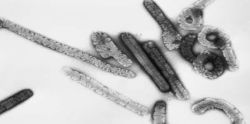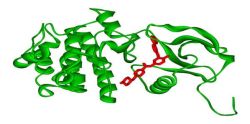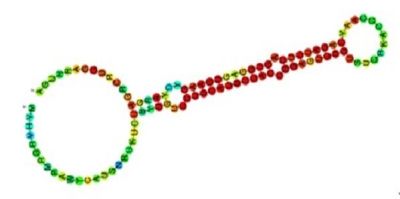According to new research published in Endocrinology, Thomas Burris, Ph.D., chair of pharmacological and physiological science at Saint Louis University and his team have found a way to prevent type 1 diabetes in an animal model. The team comprised of Laura A. Solt, Subhashis Banerjee, Sean Campbell and Theodore M. Kamenecka.
Current available treatments for type 1 diabetes focus on controlling blood sugar with insulin therapy. Patients need to continue this therapy throughout their life. The research team blocked the autoimmune response that destroys beta cells and leads to diabetes. Their goal was to develop therapies that can prevent the illness altogether.
“None of the animals on the treatment developed diabetes even when we started treatment after significant beta cell damage had already occurred. We believe this type of treatment would slow the progression of type I diabetes in people or potentially even eliminate the need for insulin therapy,” said Burris.
Till now, it has been abundantly clear that two types of immune T-cells contribute to the development of type 1 diabetes. However, the role of TH17 still remained unclear. During this study, the researchers discovered that there are two nuclear receptors that play a critical role in the development of these cells. They also found that by targeting these particular receptors, it was possible to stop autoimmunity from developing.
They blocked receptors ROR alpha and gamma t with SR1001, a selective ROR alpha and gamma t inverse agonist that was developed by Burris. This resulted in a significant reduction of diabetes in mice.
The findings of this study show that TH17 cells play a key role in the development of type 1 diabetes. The research also suggests that drugs targeting these cells could prove to be a new and effective treatment for type 1 diabetes.
The study was funded by grants from the National Institutes of Health and an Individual National Research Service Award.
Source: Saint Louis University Medical Center
Image Credit: Saint Louis University (Thomas Burris)























